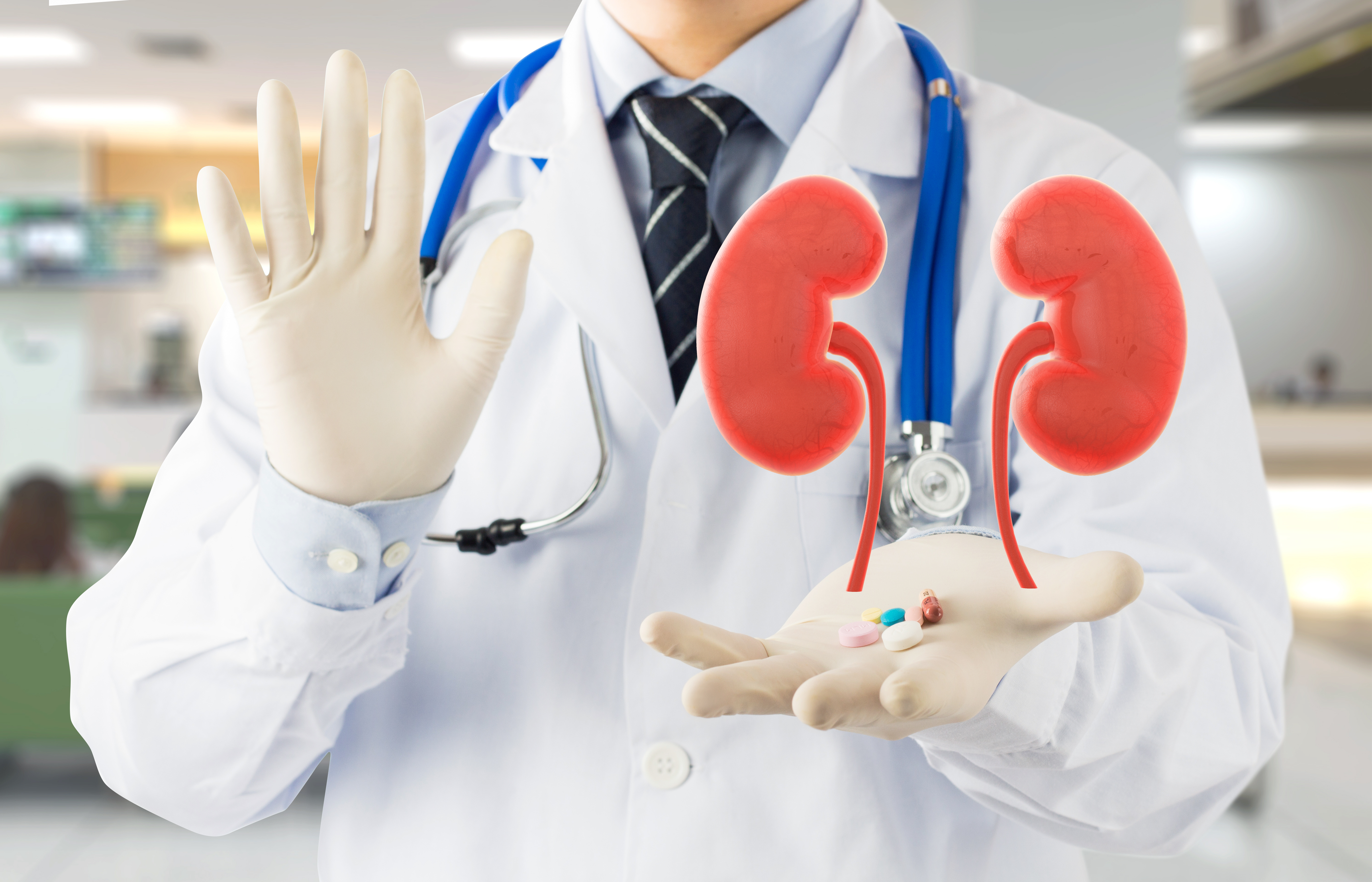Common Urologic Problems and How You Can Treat Them

What Are Urology Diseases?
The ureter, bladder, kidneys, and urethra make up the urinary system that regulates, manages, and eliminates waste from the body in the form of urine. Any problems relating to filtering or carrying out urine from the body may result in urologic diseases. Urologic diseases can affect anyone, regardless of gender or age. In men, problems in the genital system can lead to sexual dysfunction and infertility, which are treated by a urologist.
Here, we will discuss the six most common urological problems and the treatment options available for men and women.
Benign Prostatic Enlargement (BPE)
When the prostate gland in men gets enlarged, it may lead to benign prostatic enlargement (BPE). An urge to urinate frequently, difficulty in initiating urination, inability to completely empty the bladder, and a weak stream of urine are few symptoms of BPE. It is a common problem amongst older men.
Treating BPH depends on a variety of factors, including the severity of the symptoms, the patient’s age, overall health, etc. In the case of mild or moderate cases, medications like alpha-blockers and 5-alpha reductase inhibitors may be prescribed. Minimally invasive and other surgical procedures may be recommended by the doctor in case the symptoms are not relieved by medication or the patient’s condition is severe.
Urinary Tract Infections (UTIs)
Urinary tract infections are the most common type of urologic problem among women, but they can also affect men. UTIs are generally caused by bacteria and may affect the bladder and urethra and rarely, the kidneys too. A burning sensation while urinating, a persistent urge to urinate, cloudy urine, foul-smelling urine, and pelvic pain in the centre and around the pubic bone area may be signs and symptoms of infections in the urinary tract.
The doctor may recommend the patient get a urine culture test done to correctly assess the condition. When treated promptly, lower urinary tract infections rarely cause complications. However, if left untreated and if the bacterial infection in the urinary tract leads up to the kidneys, the patient may develop fever and other severe complications.
Kidney Stones
Stones may form in the kidney due to some underlying genetic condition or, in many cases, some kind of dietary aberration. They can remain unnoticed as the symptoms may be observed at a later stage. However, when the stone moves from the kidney to the ureter, i.e., the tube connecting the kidney and bladder, it can block the flow of urine and cause severe pain. Many times, people are able to expel small stones through urination without any medical help, but when the stones are larger, they may need surgical intervention.
The doctor may recommend medication or certain surgical procedures to remove the large stones. Percutaneous nephrolithotomy, retrograde intrarenal surgery and shock wave lithotripsy are the commonly used treatment options for kidney stone removal that involve use of energy to break stones into smaller pieces.
Hematuria
Passing blood in the urine is called hematuria. While most causes of hematuria are not serious, it is important to not miss cancers of the urinary tract which may be the cause of hematuria. Any defect or abnormality in the urinary tract system may result in this condition. Possible causes may include UTIs, kidney infections, bladder or kidney stones, sexually transmitted diseases, polycystic renal diseases, prostate enlargement, use of any anti-inflammatory drugs or anticoagulants, and many other reasons.
While blood in the urine is the primary symptom of urinary tract cancers, other underlying conditions such as abdominal tenderness, pain while urinating, weak stream of urine, etc., may also be signs of the disease.
In most cases, hematuria is treated by treating the underlying causes of the condition. For example, if the blood in the urine is due to a urinary tract infection, then antibiotics are suggested to treat it. Similarly, if it is caused by prostate enlargement, then the doctors prescribe the treatment and medication accordingly.
Urinary Incontinence
Urine incontinence may also be of different types depending upon the symptoms. Stress incontinence, functional incontinence, overflow incontinence, etc., may also result in loss of bladder control, but for very different reasons. In a few cases, doctors may recommend some lifestyle changes to correct the problem, but in cases where it is not resolved through lifestyle or behavioural changes, surgery may be required to treat the condition.
Causes of urinary incontinence are
- Overactive bladder
- Enlarged prostate
- Pregnancy or childbirth
- Diabetes
- Bladder muscles that become weak
- When sphincter muscles that support urethra become weak
- Weak bladder muscles
- Neuromuscular problems
- Overhydration
Prostate Cancer
Prostate cancer is one of the most common types of cancer in men. While the exact cause of prostate cancer remains unknown, the risk of developing prostate cancer increases with age of men and is most common after the age of 50. In the early stages of prostate cancer, there may be no signs and symptoms, but as it reaches an advanced stage, the patient may experience symptoms such as bone pain, unexplained weight loss, weakened urine force, and erectile dysfunction.
In many cases, prostate cancers grow very slowly and remain confined to the prostate gland. In such scenarios, they may not cause serious harm, and the doctor may only recommend active surveillance, i.e., continuous monitoring of the cancer growth with no or minimal treatment. However, in cases where prostate cancer becomes aggressive and spreads rapidly, doctors may undertake several treatments depending on the stage of the cancer and other factors.
Urology Care at Medanta
Our world-class technology, along with a vast team of experienced doctors, helps us deliver a full range of diagnostic and treatment services for all kinds of urologic diseases. If you are experiencing any urological problem, you can schedule an appointment with our top urologist in Patna.


